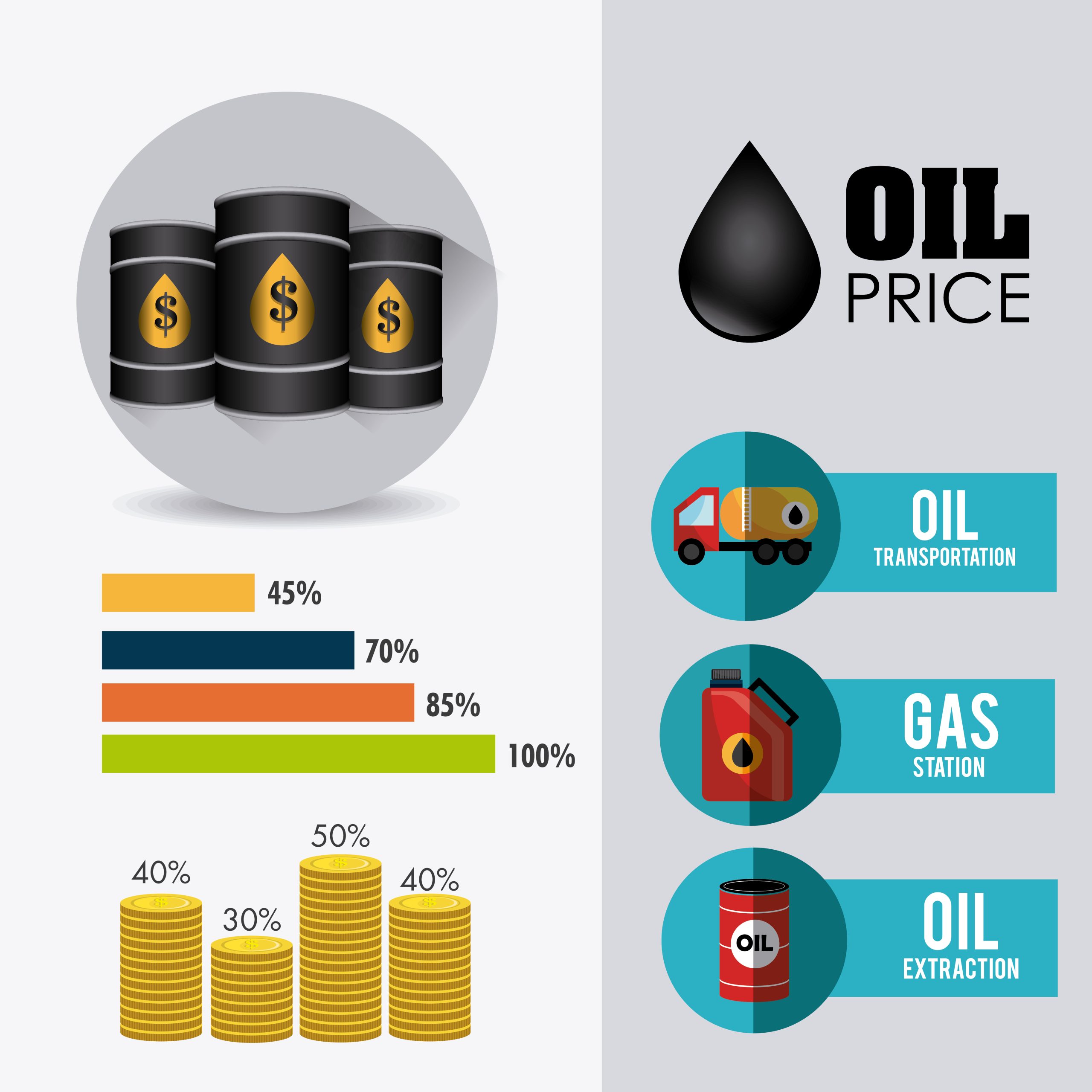Geopolitics, Petroleum Trade & The Strait of Hormuz: Navigating Regional Conflicts and Global Impacts
ayeshrvr
June 22, 2025

The global energy market is inherently intertwined with geopolitical stability. Recent escalations in the conflict between Iran and Israel, coupled with the involvement of major international players like the United States, have cast a significant shadow over the stability of petroleum prices and trade routes, particularly the strategically vital Strait of Hormuz. At Viz International Corp., we understand that navigating such complex geopolitical landscapes requires profound market insight and agile operational strategies to ensure the continuity and security of global energy supply.
The Strait of Hormuz: A Perpetual Choke Point
The Strait of Hormuz, a narrow waterway connecting the Persian Gulf to the open ocean, remains the world’s most critical maritime oil transit choke point.
Global Lifeline: Approximately 20-30% of the world’s total petroleum liquids consumption, including crude oil and refined products, as well as a substantial volume of Liquefied Natural Gas (LNG), passes through this strait daily.
Vulnerability: Its narrowness and surrounding geopolitical tensions make it highly susceptible to disruption, with immediate and far-reaching consequences for global energy security and prices.
Broader Geopolitical Conflict: Impacts on Petroleum Trade
While the Strait of Hormuz is a focal point, the wider conflict between Iran and Israel, and the direct involvement of powers like the U.S., create a ripple effect that extends beyond this single choke point:
Direct Supply Disruptions: Beyond physical blockades, military actions, cyberattacks, or damage to energy infrastructure in the region (refineries, pipelines, loading terminals) could lead to significant and sudden supply outages.
Increased Risk Premiums: Escalating tensions immediately raise the “war risk premium” on oil and gas. This means traders demand higher prices to compensate for the increased uncertainty and potential for disruption, even without actual supply cuts.
Sanctions and Trade Restrictions: New or expanded sanctions against key energy producers or trading entities involved in the conflict can reduce the available supply in the market, pushing prices higher. Compliance becomes more complex.
Investor Sentiment and Speculation: Global financial markets react strongly to geopolitical instability. Fear and speculative trading can drive prices up or down rapidly, creating extreme volatility that complicates long-term planning.
Shift in Trade Routes and Logistics: Even without a full closure, the perceived risk can lead to vessels taking longer, more expensive alternative routes, increasing freight costs and delivery times. Insurance rates also climb dramatically.
Global Economic Slowdown: Prolonged conflict and high energy prices can stifle economic growth worldwide, reducing overall energy demand in the long run.
Viz International Corp.'s Strategy in a Volatile Landscape
In such unpredictable times, Viz International Corp. is more committed than ever to serving our clients with clarity, reliability, and strategic foresight. Our robust operational framework is designed to help your business navigate these turbulent waters:
Updated Market Insights: We deploy advanced intelligence gathering and analytical tools to provide real-time, updated market insights on geopolitical developments, supply-demand shifts, and pricing trends. Our expertise ensures you have the information needed to make informed decisions quickly.
Better and Safe Trade Routes: Our agile logistics team continuously assesses and optimizes trade routes, seeking safer and more efficient alternatives when necessary. We prioritize secure passage and minimize exposure to high-risk zones, ensuring reliable delivery.
Competitive Pricing Options: Leveraging our extensive global network and strategic trade finance solutions, we strive to offer the most competitive pricing options available, even amidst volatility. Our financial flexibility helps clients manage cost implications and secure favorable terms.
Proactive Risk Management: We integrate comprehensive geopolitical risk assessments into our trading strategies, allowing us to anticipate and mitigate potential impacts on your supply chain.
Transparent Client Communication: We believe in open dialogue. Our clients receive timely, transparent updates on market conditions, potential disruptions, and the measures we are taking to secure their interests.
Conclusion
The intertwining of geopolitics and global petroleum trade is undeniable, and the current conflict underscores the need for resilience and adaptability. Viz International Corp. stands as your unwavering partner, committed to providing the essential insights, secure logistical solutions, and strategic financial support required to thrive in a constantly evolving energy landscape.
Our promise is to help your business succeed with our market insights and expertise, ensuring reliable access to the energy resources you need, regardless of global challenges.
Contact our trading desk today to discuss your specific energy supply needs and learn how Viz International Corp. can be your reliable partner in managing global trade complexities.
“Our promise is to help your business succeed with our market insights and expertise.”
— CEO, Viz International Corp.

